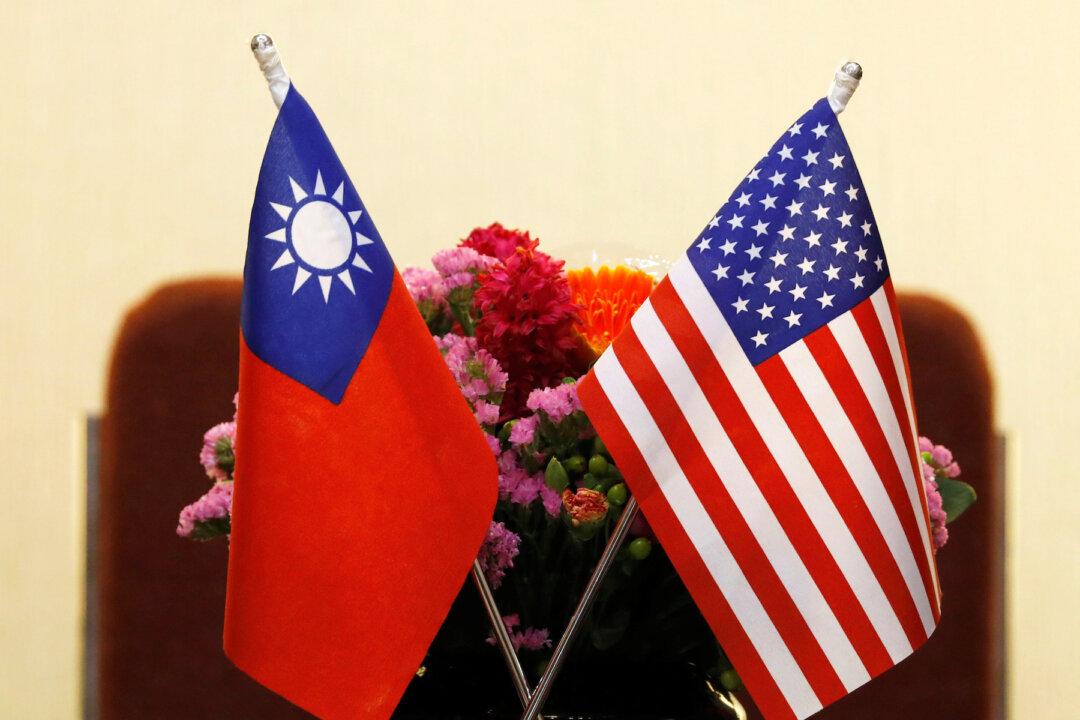TAIPEI, Taiwan—Taiwan is seeking to acquire long-range, air-launched cruise missiles from the United States, a defense official said on April 19, as the self-ruled island bolsters its forces in the face of increasing pressure from Beijing.
While Taiwan is developing its own long-range missiles, to give it an ability to strike back deep into China in the event of war, it has also looked to the United States to help provide it with more advanced weaponry.





